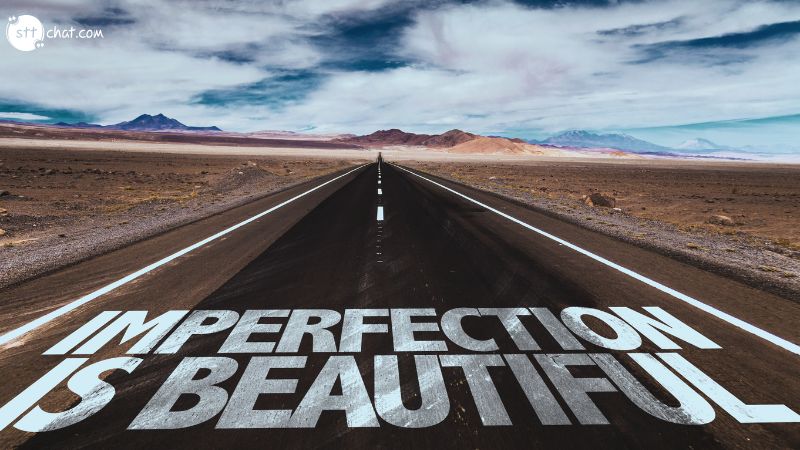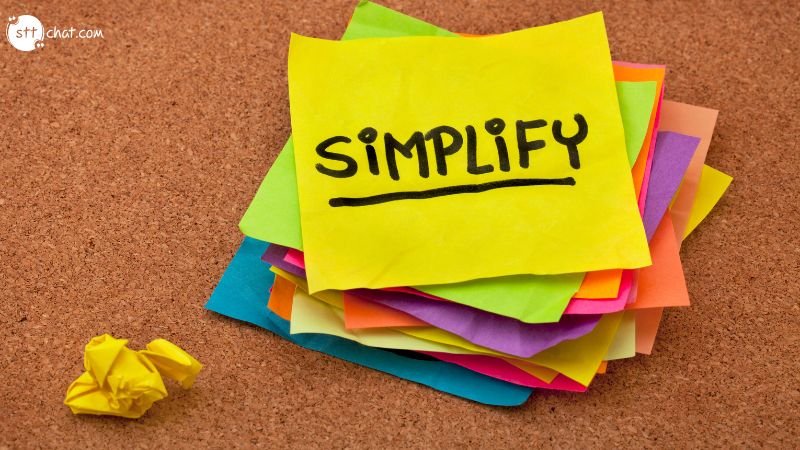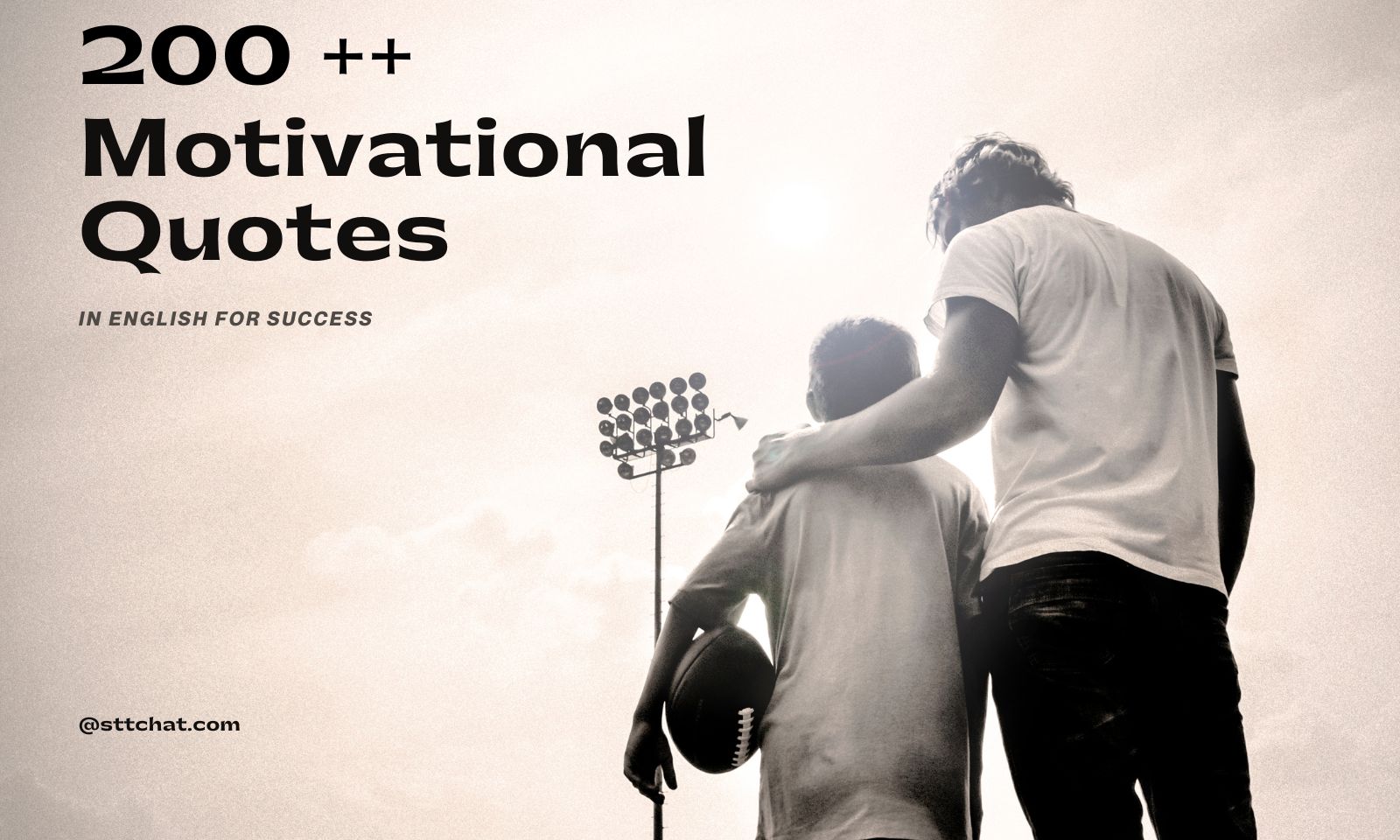Louis L’Amour, a prolific American novelist best known for his Western novels, once said, “Start writing, no matter what. The water does not flow until the faucet is turned on.” This quote captures the essence of the creative process and the importance of overcoming inertia to achieve success. It speaks to writers, artists, and anyone striving to bring their ideas to life. Let’s dive into the deeper meaning of this quote and explore how it can inspire us to take action, unleash our creativity, and overcome the barriers that often hold us back.
1. The Power of Taking the First Step
L’Amour’s quote emphasizes the importance of taking the first step in any creative endeavor. Just as water won’t flow until the faucet is turned on, ideas and inspiration won’t materialize until we start the process. The act of starting is crucial to breaking through the barriers that can stifle creativity and innovation.
1.1 Overcoming Inertia
Inertia is the tendency to remain in a state of rest unless acted upon by an external force. In creative pursuits, inertia often manifests as procrastination, self-doubt, or fear of failure. We may wait for the perfect moment, the right mood, or the ideal circumstances before beginning our work. However, this waiting game can lead to stagnation and missed opportunities.
By starting, no matter what, we create momentum that propels us forward. The act of beginning is the catalyst that sets the creative process in motion. Once we take that first step, we often find that the ideas start flowing, the words begin to appear, and the creative energy is unleashed.
1.2 Embracing Imperfection
One of the biggest obstacles to starting is the fear of imperfection. We may worry that our work won’t be good enough, that it won’t meet our standards or the expectations of others. However, L’Amour’s quote reminds us that perfection is not a prerequisite for starting. In fact, the pursuit of perfection can be paralyzing, preventing us from taking action.
Embracing imperfection allows us to approach our work with a sense of curiosity and experimentation. It frees us from the pressure of getting it right the first time and encourages us to learn and grow through the process. By starting, we give ourselves permission to create without judgment, trusting that refinement and improvement will come with time and practice.

One of the biggest obstacles to starting is the fear of imperfection. Source: Internet
2. The Creative Process: Flow and Momentum
L’Amour’s analogy of turning on the faucet highlights the dynamic nature of the creative process. Creativity is not a static state but a flow that requires engagement and momentum. When we start writing, painting, composing, or pursuing any creative endeavor, we tap into this flow, allowing our ideas to evolve and take shape.
2.1 Building Momentum
Momentum is the force that keeps us moving forward once we’ve started. In the creative process, momentum is built through consistent effort and engagement. Each small action, each word written or brushstroke applied, contributes to the overall progress and development of our work.
Consistency is key to maintaining momentum. By establishing a regular creative practice, we train ourselves to show up and engage with our work, even when inspiration is lacking. This discipline helps us build resilience and perseverance, enabling us to overcome obstacles and challenges along the way.
2.2 Trusting the Process
Creativity is often unpredictable and nonlinear. It involves periods of inspiration and flow as well as moments of doubt and frustration. L’Amour’s quote encourages us to trust the process, recognizing that the act of starting is the gateway to discovery and growth.
Trusting the process means being open to the unexpected and embracing the journey of creation. It involves letting go of control and allowing our ideas to evolve organically. By starting and staying engaged, we create space for innovation and serendipity to emerge, leading us to new insights and possibilities.
3. Practical Strategies for Getting Started
Getting started can be challenging, especially when faced with self-doubt or creative blockages. Here are some practical strategies to help you turn on the faucet and unleash your creative potential:
3.1 Set Small, Achievable Goals
Breaking down your creative project into smaller, manageable tasks can make it feel less overwhelming. Set specific, achievable goals for each session, and focus on making progress rather than achieving perfection.
For example, instead of aiming to write an entire chapter in one sitting, set a goal to write a single page or a specific number of words. By achieving these small milestones, you build momentum and create a sense of accomplishment.
3.2 Establish a Routine
Create a consistent routine that incorporates dedicated time for your creative work. Whether it’s writing, painting, or practicing music, having a set schedule helps build discipline and commitment to your craft.
Identify the time of day when you feel most energized and focused, and designate that time for your creative practice. By establishing a routine, you train your mind to transition into a creative state, making it easier to start and stay engaged.
3.3 Embrace Freewriting and Brainstorming
Freewriting and brainstorming are powerful techniques for generating ideas and overcoming creative blockages. Set a timer for a specific duration and write continuously without censoring or editing your thoughts.
This practice encourages spontaneity and allows ideas to flow freely, bypassing the critical mind. Freewriting can lead to unexpected insights and new directions for your work, providing a foundation for further exploration and development.
3.4 Silence Your Inner Critic
The inner critic is the voice of self-doubt and judgment that can hinder creativity. Recognize that this voice is a natural part of the creative process, but don’t let it control your actions.
Practice self-compassion and remind yourself that creativity is a journey, not a destination. Allow yourself to make mistakes and learn from them, knowing that each experience contributes to your growth and development as an artist.
3.5 Seek Inspiration and Collaboration
Inspiration can come from a variety of sources, including nature, art, music, and interactions with others. Surround yourself with inspiring environments and engage with the work of other creatives to fuel your own creativity.
Collaboration with fellow artists or writers can also provide fresh perspectives and new ideas. Sharing your work and receiving feedback can spark creativity and lead to innovative solutions.

Inspiration can come from a variety of sources, including nature, art, music, and interactions with others. Source: Internet
Conclusion
Louis L’Amour’s quote, “Start writing, no matter what. The water does not flow until the faucet is turned on,” is a powerful reminder of the importance of taking action and embracing the creative process. By overcoming inertia and starting our work, we open ourselves to the flow of ideas and inspiration that can lead to growth and fulfillment.
In a world where perfectionism and fear often hold us back, L’Amour’s words challenge us to take bold steps toward our creative aspirations. By trusting the process and embracing imperfection, we can unleash our creative potential and bring our ideas to life. Let us remember that the journey of creativity begins with a single step, and the possibilities are endless once we turn on the faucet and let the water flow.






